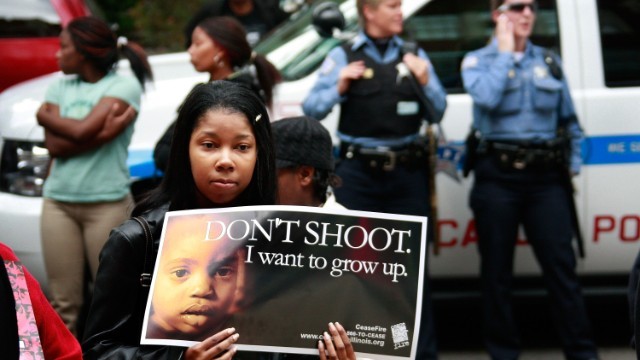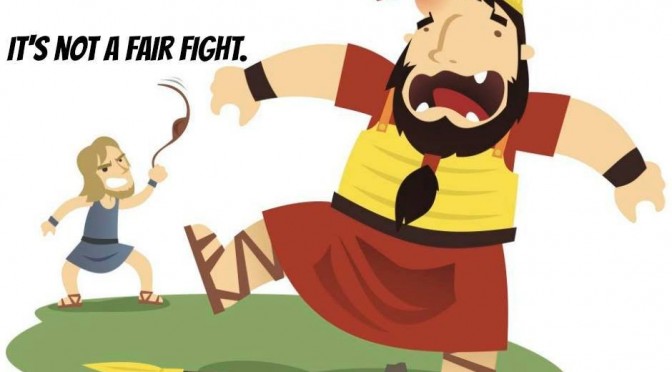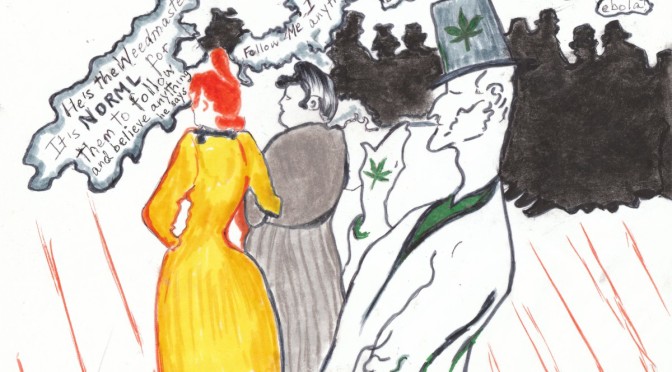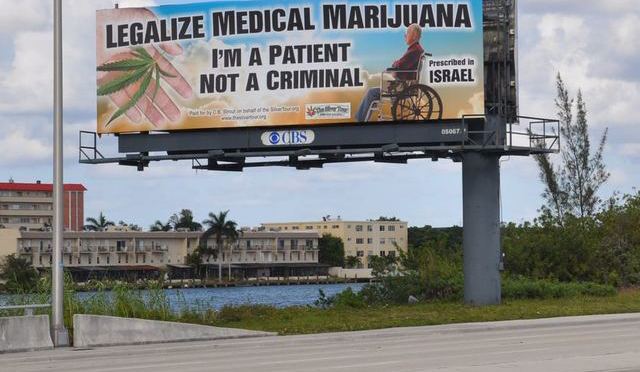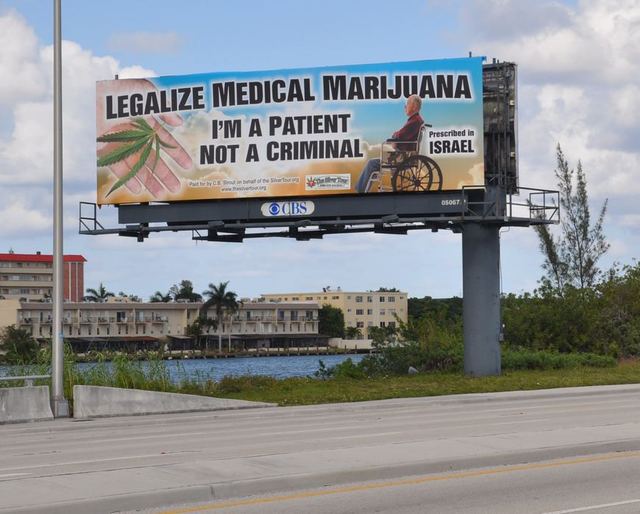“We are trying to get marijuana reclassified medically. If we do that, we’ll be using the issue as a red herring to give marijuana a good name.” Keith Stroup, Emory University, February 6, 1979
Stroup is founder of NORML (National Organization for the Reform of Marijuana Law). Thirty – five years later, Stroup and his followers think his plan is working. Social media has helped the marijuana movement, which markets itself to teens and young adults, for votes and for new marijuana users.
TODAY, promoters claims marijuana holds the cure for nearly everything, including ebola. Despite its intensive genetic alteration of the marijuana plant over the last 20 years — to make it more potent — advocates call it an herb. They don’t take responsibility for the damage pot does to the environment, or for the psychosis and mental health problems it causes in some people. See The Medical Marijuana Hoax, Part 2: Mental Illness.
Parents Opposed to Pot believes the decision of January, 2013, by the US Court of Appeals for the DC Circuit, to keep marijuana a Schedule I drug (high potential for abuse), is correct. Marijuana is a dangerous drug because of its perceived harmlessness, and its cult-like following. Americans would be wise to look into what happened when marijuana was rescheduled in Great Britain.
Marijuana can cause psychological problems such as anxiety, depression, schizophrenia, bipolar disorder, addiction and psychosis. In January, 2014, Dan Linn of NORML Illinois said that there has always been the cannabis and schizophrenia connection. If NORML has known this link, how in good conscience can they push for legalization? A typical reader may compare it to the tobacco industry, fast-food restaurants, etc. However, marijuana-induced mental disorders can appear within a shorter period time, as opposed to other unhealthy choices that take years off the end of life. Not everyone is susceptible to problems with marijuana and not everyone will use in excess, but the industry preaches that marijuana is harmless and non-addictive .
How They’re Pushing the Medical Marijuana Hoax
Reading the “weed blogs” gives insight into the mind of the “Pot Lobby.” First comes decriminalization, followed by medical marijuana, followed by full legalization. Californians voted on Proposition 215 and approved medical marijuana in 1996, because huge campaign donations funded that ballot. The roll of money to legalize has been nonstop ever since, with billionaires such as George Soros funding the movement. Oregon and Washington had ballot initiatives for medical marijuana in 1998. Alaska, Maine and Colorado came shortly afterwards. Pot policy makers are going for a checkerboard pattern of states, so that states without it will be forced to join their neighbors.
Medical marijuana businesses depend on catchy names while guaranteeing no consistency in their product. One strain had no buyers until it changed it name to Chocolope. This lack of consistency is a huge red flag. As the Los Angeles Times article further explains, “Chemist Jeff Raber examined 1,500 samples of marijuana in California and found little genetic cohesion between varieties of the same name.”
Medical marijuana has always been the cover for a plan to bring full-scale legalization. The marijuana industry plays the “compassion” game to gain sympathy supporters and gradually get public acceptance, slandering members of Congress who disagree. (See The Medical Marijuana Hoax, Part 1: Do Patients Go to Jail?) Once the industry markets itself to potential patients, many of these so-called patients get “hooked.” The industry’s tactic of getting more people addicted has succeeded by introducing the potent strains of marijuana, and by targeting the young.
If they succeed in getting enough people high, it is easier to control their minds. For a year or two, the pot industry has been telling us that legalization is “inevitable.” — another manipulative tactic. The plan is that states without medical marijuana will face extreme political pressure to join their neighbors.
Medical marijuana advocates now count 23 states as having some form of medical marijuana. However, Florida, the 4th most populous state in the country, recently rejected a medical marijuana ballot which needed 60% of the votes to pass. Marijuana lobbyists are active in every state, and they believe full legalization is right around the corner.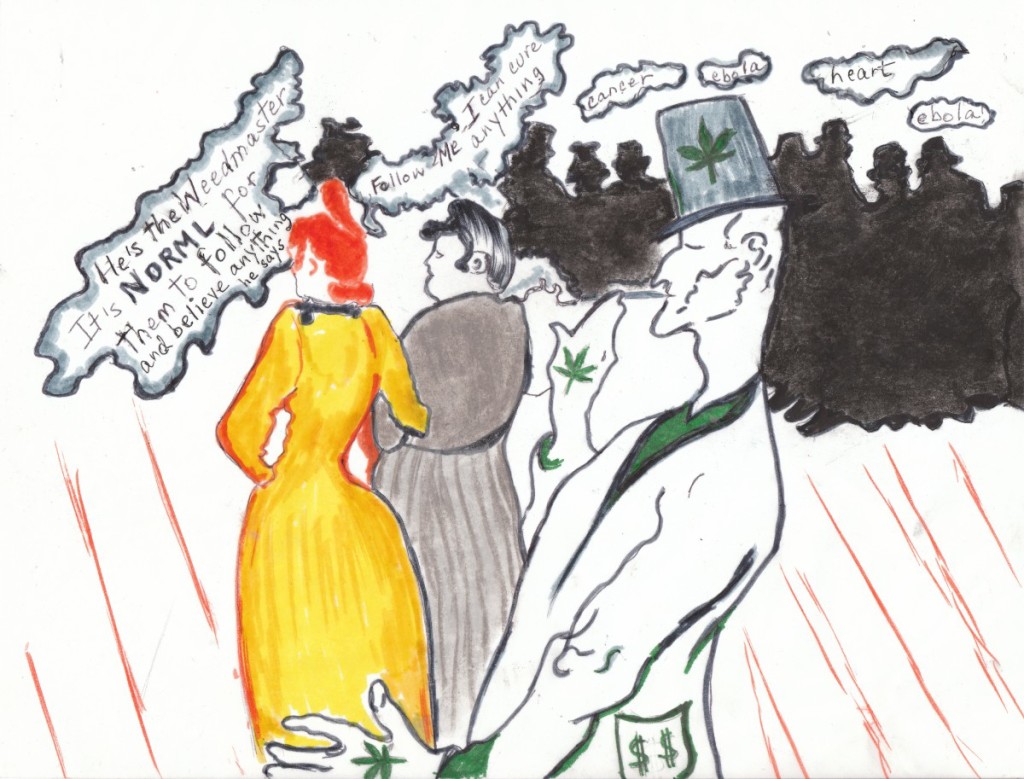
A Cure for Everything
In early 2011, the . At first, marijuana was promoted as an aid for cancer and AIDs treatment, because the THC in marijuana can help nausea and stimulate appetite of cancer victims. At this time, not more than 5% medical marijuana patients actually have cancer or AIDS, as a political site fact – checker published. Today, the common condition those who seek medical marijuana is “pain,” a sign the industry is trying to nurture dependence, and not cure people. (A shot of whiskey also cures “pain.”) If those who use marijuana for “pain” treatment, sought a chiropractor instead, their treatments could be for a limited time.
Marijuana has been promoted from its status, as the cure for nausea in cancer patients, to being the cure for cancer, as marijuana advocates claim today. The biggest argument against marijuana as a cancer cure is that pharmaceutical companies from around the world would be marketing it, if it were truly a viable cure. The claim that marijuana cures cancer is reminiscent of the laetrile controversy 30 years ago, explained in a recent article by Robert Weiner in AlcoholismDrugAbuseWeekly.
Treating Epilepsy, Seizures, Etc.
Regardless of safety or efficacy, it is understandable how parents may want to try an alternative to the strong cancer-fighting and epilepsy drugs. However, we do not support any treatment for children that has THC which can alter brain chemistry. We ask that marijuana providers provide warnings, (See our article of the Medical Marijuana Risks for children), as pharmaceutical companies are required to do.
No qualifications are needed to be a “ganjapreneur,” in today’s “green rush.” How can we continue to allow self-proclaimed wizards of pot to hold all the cards, without warning about the side effects? Regulation of medical marijuana has been very difficult in the West, due to the objection of the industry. Oregon finally implemented regulations for medical marijuana dispensaries this year, but faced industry opposition. When Washingtonians voted for pot legalization in 2012, there was a consensus that medical marijuana was not being regulated and perhaps the limits of I-502 could bring commercial marijuana under some regulation.
Since we published our story on Medical Marijuana and PTSD, a new story has come out about how marijuana makes PTSD symptoms worse. A ploy of the medical marijuana industry has been using is to convince people that marijuana is the only medicine for their ailments. They try to find people who are “chronically ill.”
“The road to HELL is paved with good intentions” explains the path of medical marijuana. One former medical marijuana patient wrote to PopPot, explaining that after two years of using medical marijuana for an auto-immune disease, it brought on psychosis. How can the Marijuana Policy Project, Drug Policy Alliance, NORML, Americans for Safe Access and United for Care not see that it is ethically wrong to promote something which such strong and horrific side effects—particularly in the mental health arena? We already have a mental health crisis in the US. Why add to it?
The vast majority of ordinary citizens who don’t use marijuana also don’t take the time to figure out the deception.

